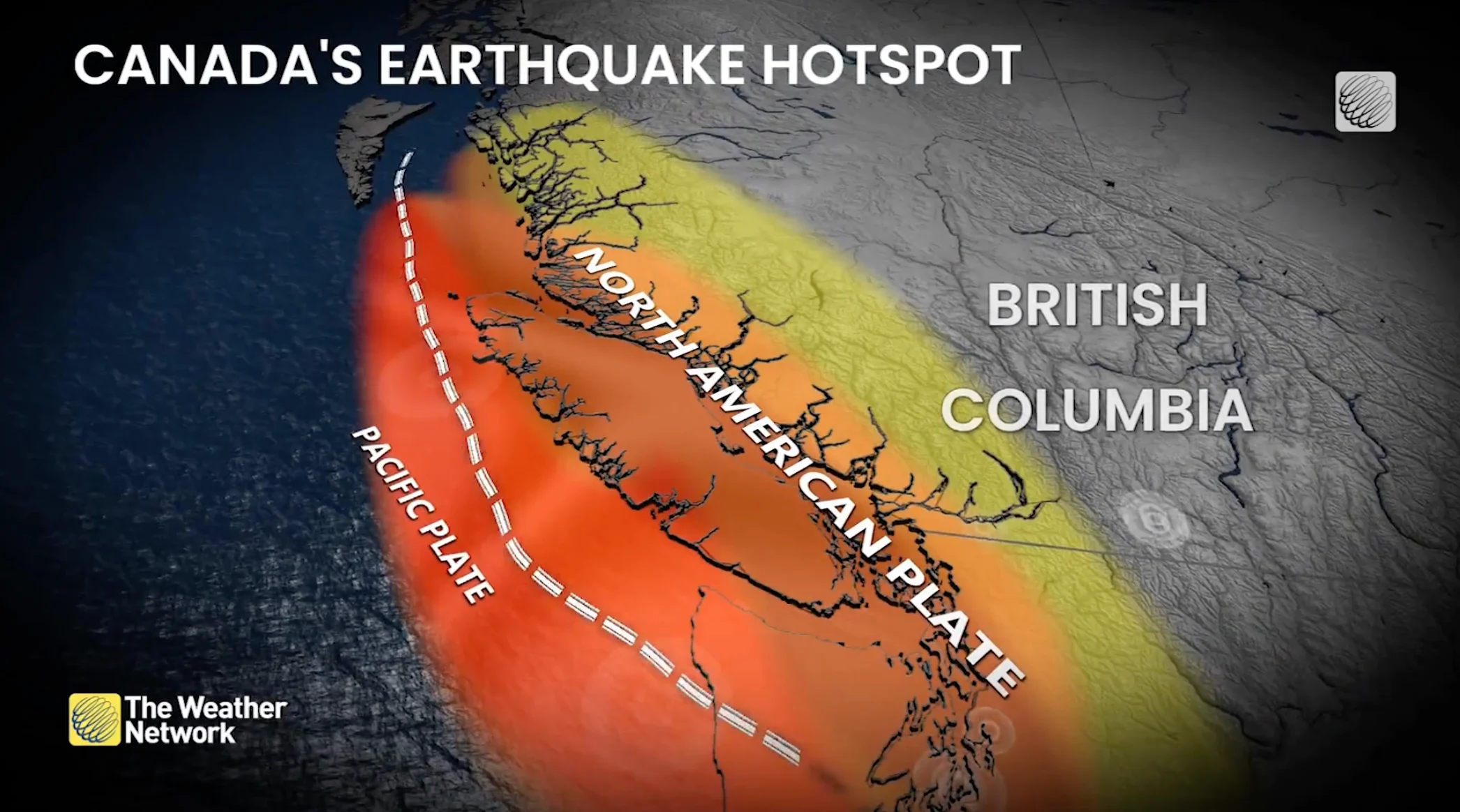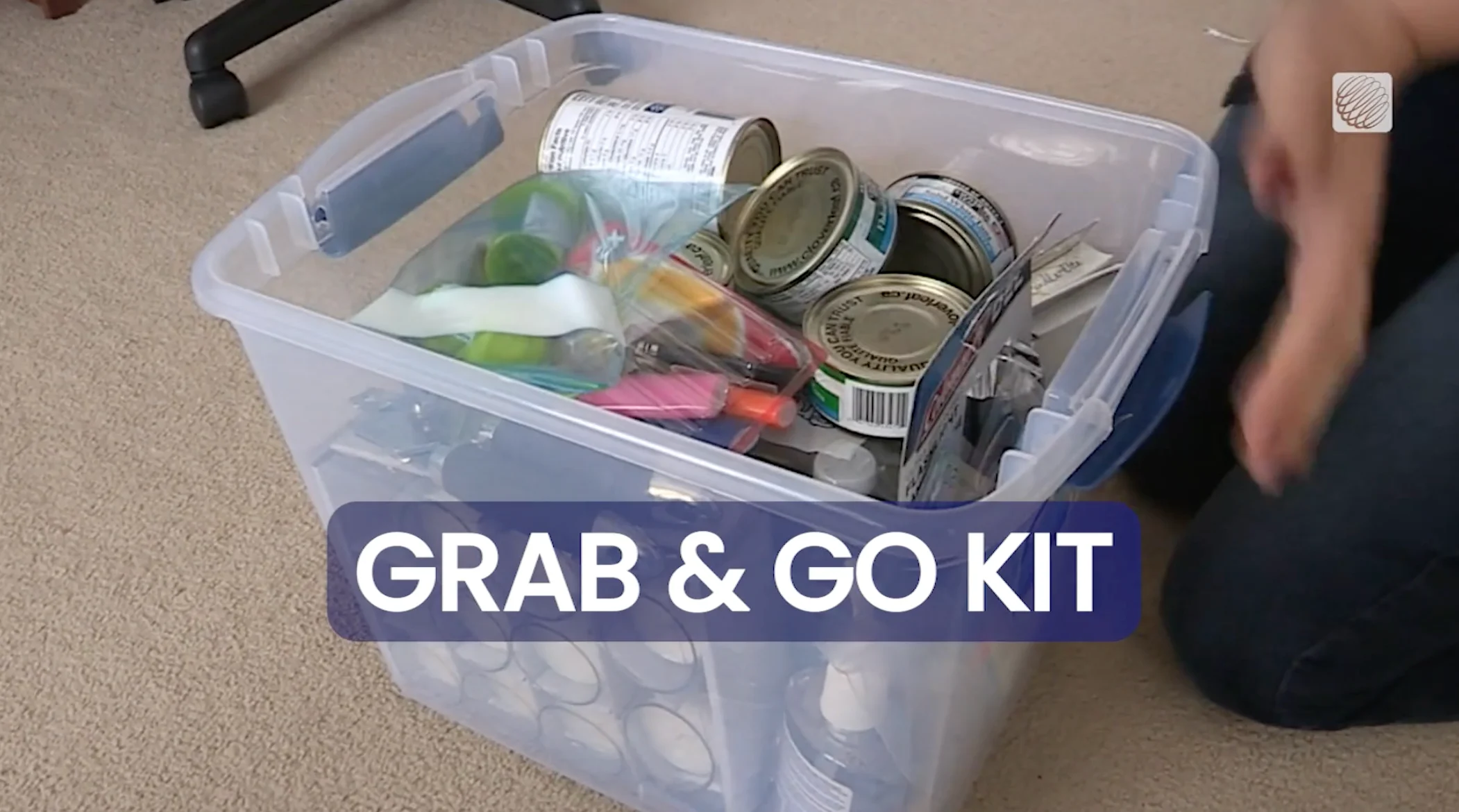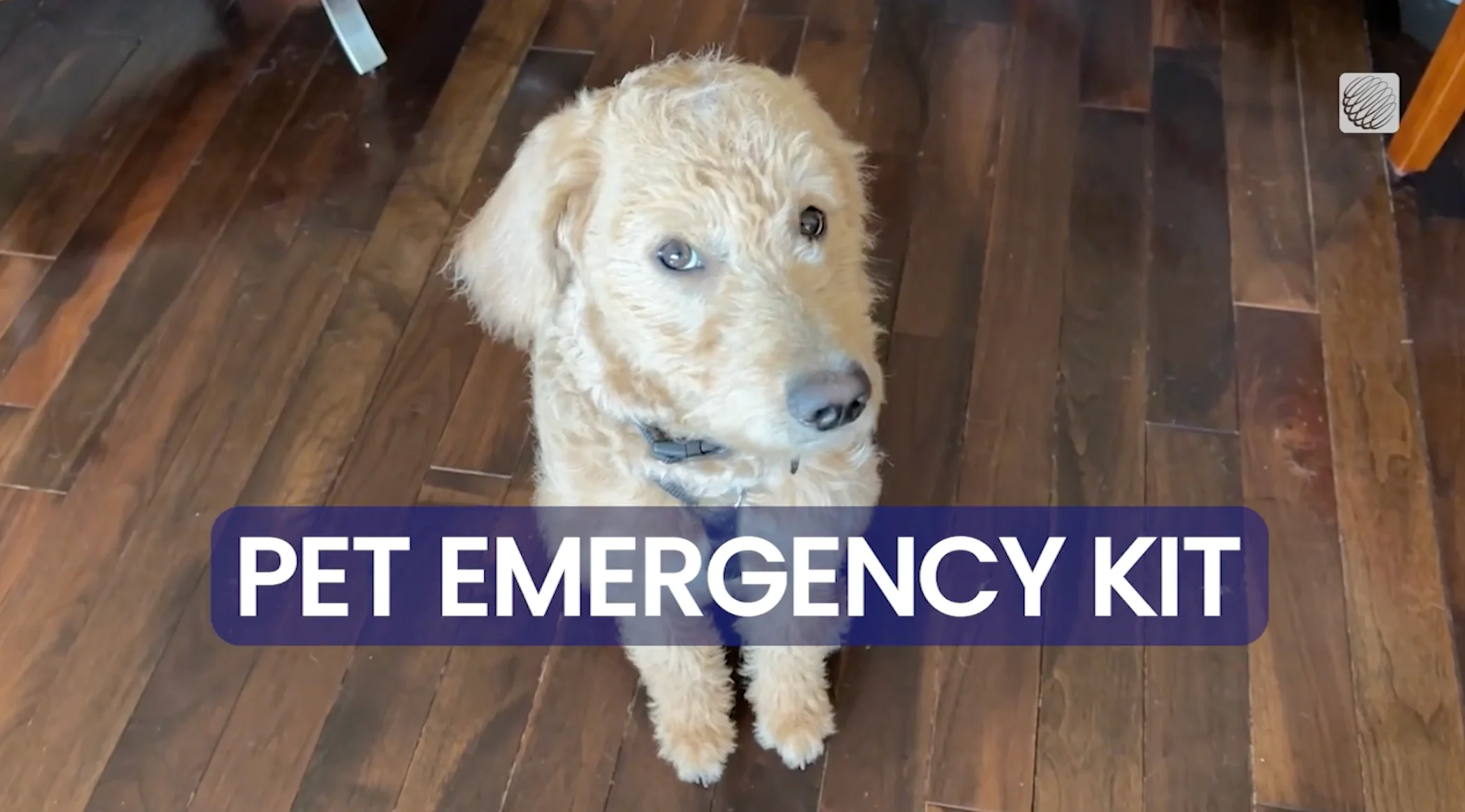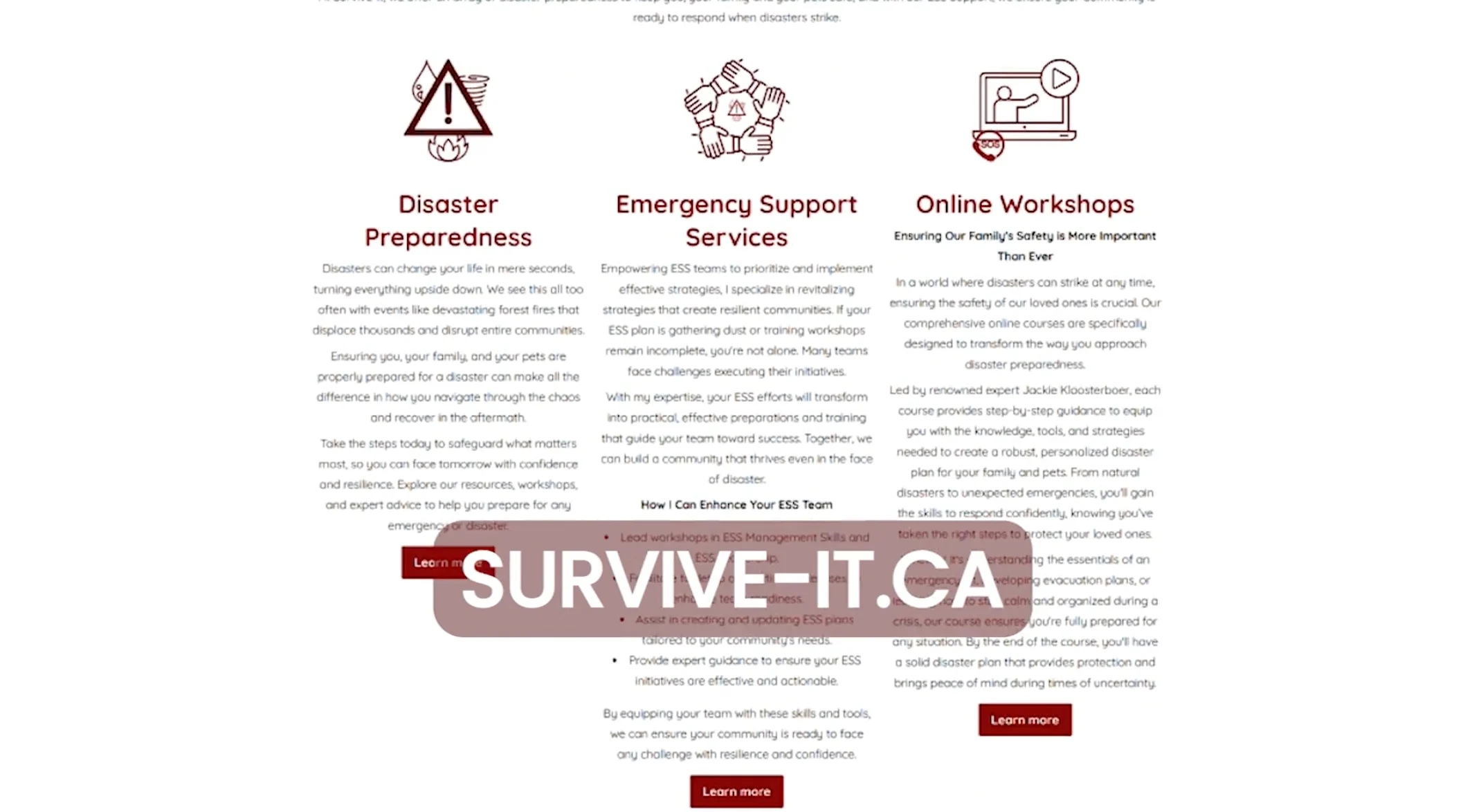
The threat of earthquakes is very real in Canada. Are you prepared?
The time to prepare is now.
With the threat of earthquakes being very real in Canada, especially on the West Coast, disaster preparedness specialist Jackie Kloosterboer says every Canadian should be prepared in the event a tremor strikes.
According to Kloosterboer, everyone should have three emergency kits ready in case of an earthquake. We should also take steps to earthquake-proof our living spaces as much as possible. Additionally, it's important to have an out-of-province emergency contact whom friends and family can reach in the event of a disaster. Finally, utilizing online resources, such as www.survive-it.ca, can help you learn more about what to do if an earthquake occurs.

SEE ALSO: Is Canada prone to a devastating earthquake? Answer isn't so simple
Emergency Kits
1. Grab-and-go kit
Prepare a grab-and-go kit for the short term.
“It's got your medications, it's got a little bit of food and water, a flashlight and insurance papers, some money, basic items like that," says Kloosterboer. "To get you through the next few hours.”

A grab-and-go kit should have the essentials to help get you, your family, and pets through the next few hours. (The Weather Network)
2. Long-term kit
When preparing a long-term kit, keep in mind you could be staying in your home after an earthquake if it’s still safe.
“We used to always say 72 hours, but with disasters across our province and across Canada, we're seeing 72 hours is not enough," says Kloosterboer. "So at least go for a week and have the items that you and your family are going to need.”
3. Pet emergency kit
"If you have to evacuate, you have to take your pets with you, so making sure you include them in your preparedness is essential,” Kloosterboer adds.

Don't forget about your pets' needs during an emergency. (The Weather Network)
All three kits should include a first aid kit, cash, medications (for you and your pets).
“If we have a major earthquake, quite likely, we're not going to be able to use our debit cards or Visa. That may all be down. So if there are items you need and you have cash, that is going to make it a whole lot easier,” Kloosterboer explains.
“Medications is another big one to think about when you're planning for disasters. I am a diabetic. If I don't get my insulin, I'm not going to survive.”
Safety-proof your home
There are ways to prepare your home as well. An earthquake feels like you’re on a rocking boat, so give your surroundings the once-over.
“Your kitchen is likely the most dangerous room in your house. We've got our counters, our coffee makers, microwaves, and all of those items are going to go shooting across the room,” cautions Kloosterboer.
Kloosterboer suggests bringing the lightweight Tupperware up high and putting the heavy mixing bowls down low, attaching childproof locks on china cabinets, and securing bookcases and hot water tanks.
WATCH BELOW: Why are earthquakes so hard to predict?
Communication and resources

Often communication can be difficult in the earthquake zone, so choose an out-of-province contact now for your family and keep the phone number handy. They may be easier to reach than someone local.
You can get more information and a detailed list on earthquake preparation kits at www.survive-it.ca.
“The time to prepare is now," concludes Kloosterboer. "You don't want to be facing the earthquake thinking, 'Oh, my goodness, I wish I had done something to get prepared.'”
WATCH BELOW: How to safely react when an earthquake strikes
(Header image: Credit: ollegN via Getty Images. iStock photo used for illustration purposes only. Creative #: 1137412031)
